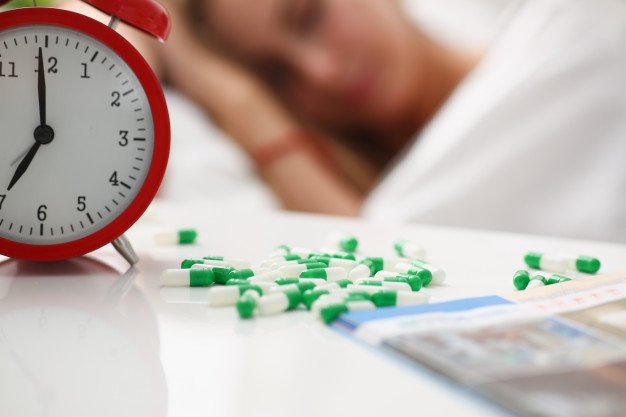
Photo Credit: Freepik
Japanese firm Eisai Co., Ltd. announced that it has launched its in-house-discovered and developed orexin receptor antagonist DAYVIGO- 2.5 mg, 5 mg, 10 mg tablets (lemborexant) for treatment of insomnia in Japan. Eisai received marketing and manufacturing approval for this formulation on January 23, 2020, and the product was added to Japan's National health Insurance drug price list on April 22, 2020.
DAYVIGO is a dual orexin receptor antagonist that inhibits orexin neurotransmission regulating sleep-wake rhythm by binding competitively to the two subtypes of orexin receptors (OX1R and OX2R). DAYVIGO acts on the orexin neurotransmitter system and is believed to facilitate sleep onset, sleep maintenance, and wake by regulating sleep-wake rhythm.
The approval of DAYVIGO in Japan is based on findings from two pivotal Phase III studies(1),(2) (SUNRISE 1 and SUNRISE 2) in adult patients with insomnia, as well as evaluation of residual effects including the middle of the night waking, next morning postural stability (falling prediction indicator), and memory through Studies 1063 and 1084.
The SUNRISE 11 clinical trial conducted in North America and Europe utilized objective assessment with overnight measurement through polysomnography, and confirmed statistically significant shortening or improvement of sleep onset latency (primary objective) as well as sleep efficiency and wake after sleep onset (secondary objectives) with DAYVIGO compared to tartrate-sustained-release drug zolpidem (6.25 mg, not yet approved in Japan) and placebo.
The SUNRISE 22 clinical trial, conducted globally including in Japan, evaluated patients subjectively through sleep diaries and confirmed statistically significant improvement in sleep onset latency (primary objective) as well as subjective sleep efficiency and subjective wake after sleep onset (secondary objectives) compared to placebo. Main side effects of DAYVIGO as observed in the two trials were somnolence, headache, dizziness, and fatigue.
Analyses in both studies suggested DAYVIGO was not associated with rebound insomnia, and there was no evidence of withdrawal effects following treatment discontinuation, suggesting it does not produce physical dependence in those taking it for up to one year.
In June 2020, DAYVIGO was launched in the U.S. for the treatment of adult patients with insomnia, characterized by difficulties with sleep onset and/or sleep maintenance. In addition, Eisai submitted a new drug application seeking approval of DAYVIGO in Canada and Australia.




